When will paper £20 and £50 notes expire?
Old notes will soon be taken out of circulation by the Bank of England

A free daily email with the biggest news stories of the day – and the best features from TheWeek.com
You are now subscribed
Your newsletter sign-up was successful
The last day to spend old £20 and £50 paper notes is fast approaching before they are replaced by the new polymer versions.
“Check your pockets, wallets, and the back of your sofa,” said the Evening Standard, warning that there are fewer than 100 days left to use the old notes.
According to the Bank of England, the majority of banknotes have been replaced but there are still more than £6bn worth of paper £20s and £8bn worth of paper £50s in circulation. After 30 September, these will no longer be legal tender.
The Week
Escape your echo chamber. Get the facts behind the news, plus analysis from multiple perspectives.

Sign up for The Week's Free Newsletters
From our morning news briefing to a weekly Good News Newsletter, get the best of The Week delivered directly to your inbox.
From our morning news briefing to a weekly Good News Newsletter, get the best of The Week delivered directly to your inbox.
Why are £20 and £50 notes changing?
The latest polymer banknote to be issued was the £50 note “featuring Bletchley Park codebreaker and scientist Alan Turing” last year, said Sky News. “The Turing £50 completed the Bank’s ‘family’ of polymer notes, with all of its denominations – £5, £10, £20 and £50 – now printed on polymer.”
The first plastic £20 note, featuring artist JMW Turner, was issued in February 2020. The £10 polymer features author Jane Austen, while the £5 shows war-time prime minister Sir Winston Churchill.
Sarah John, chief cashier at the Bank of England, said the change was an “important development” because “it makes them more difficult to counterfeit”. The plastic notes “are also more durable – something you’d know if you are in the minority of nostalgic people who still use them”, said City A.M.
What should you do with old notes?
Old notes can be spent on goods and services in the usual way up until 30 September. Or, “if you’re not feeling like it, given we’re living in a cost-of-living crisis with inflation on the rise, feel free to deposit them at the bank or at the post office”, added City A.M.
A free daily email with the biggest news stories of the day – and the best features from TheWeek.com
What happens after 30 September?
The old notes will still be accepted as a deposit into an account by “many banks and some post offices”, said the Evening Standard.
The Bank of England will also exchange them in person at its premises in London or by post.
-
 At least 8 dead in California’s deadliest avalanche
At least 8 dead in California’s deadliest avalancheSpeed Read The avalanche near Lake Tahoe was the deadliest in modern California history and the worst in the US since 1981
-
 Political cartoons for February 19
Political cartoons for February 19Cartoons Thursday’s political cartoons include a suspicious package, a piece of the cake, and more
-
 The Gallivant: style and charm steps from Camber Sands
The Gallivant: style and charm steps from Camber SandsThe Week Recommends Nestled behind the dunes, this luxury hotel is a great place to hunker down and get cosy
-
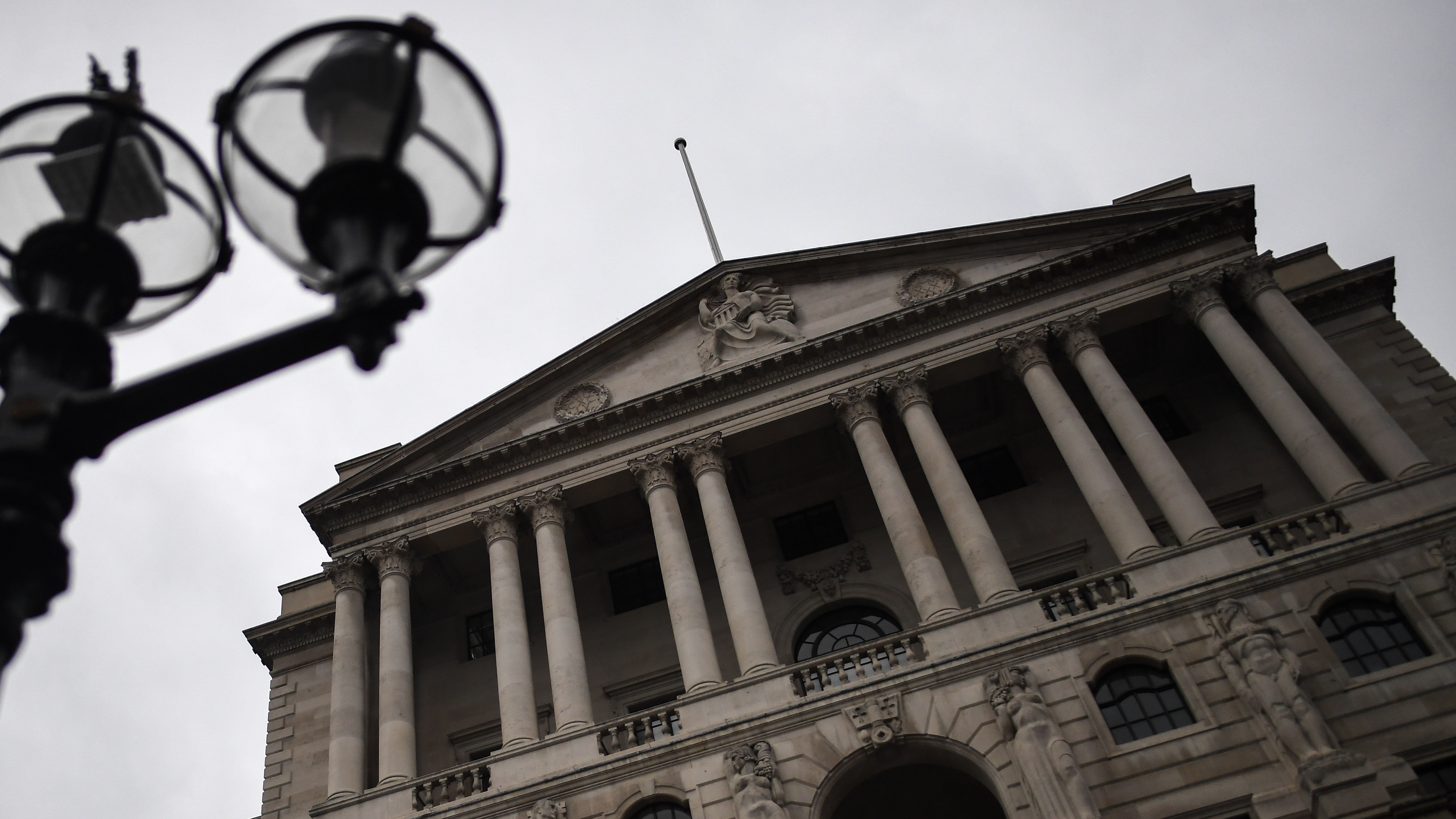 Are UK pensions safe?
Are UK pensions safe?Today's Big Question Bank of England governor says its debt market support must end – but the multi-billion-pound scheme could be extended
-
 What is inflation and why is it so high?
What is inflation and why is it so high?feature Smaller petrol price increases mean inflation has dipped slightly – but it remains in double digits
-
 Negative interest rates explained: how your finances could be affected
Negative interest rates explained: how your finances could be affectedIn Depth Money experts share their views and advice
-
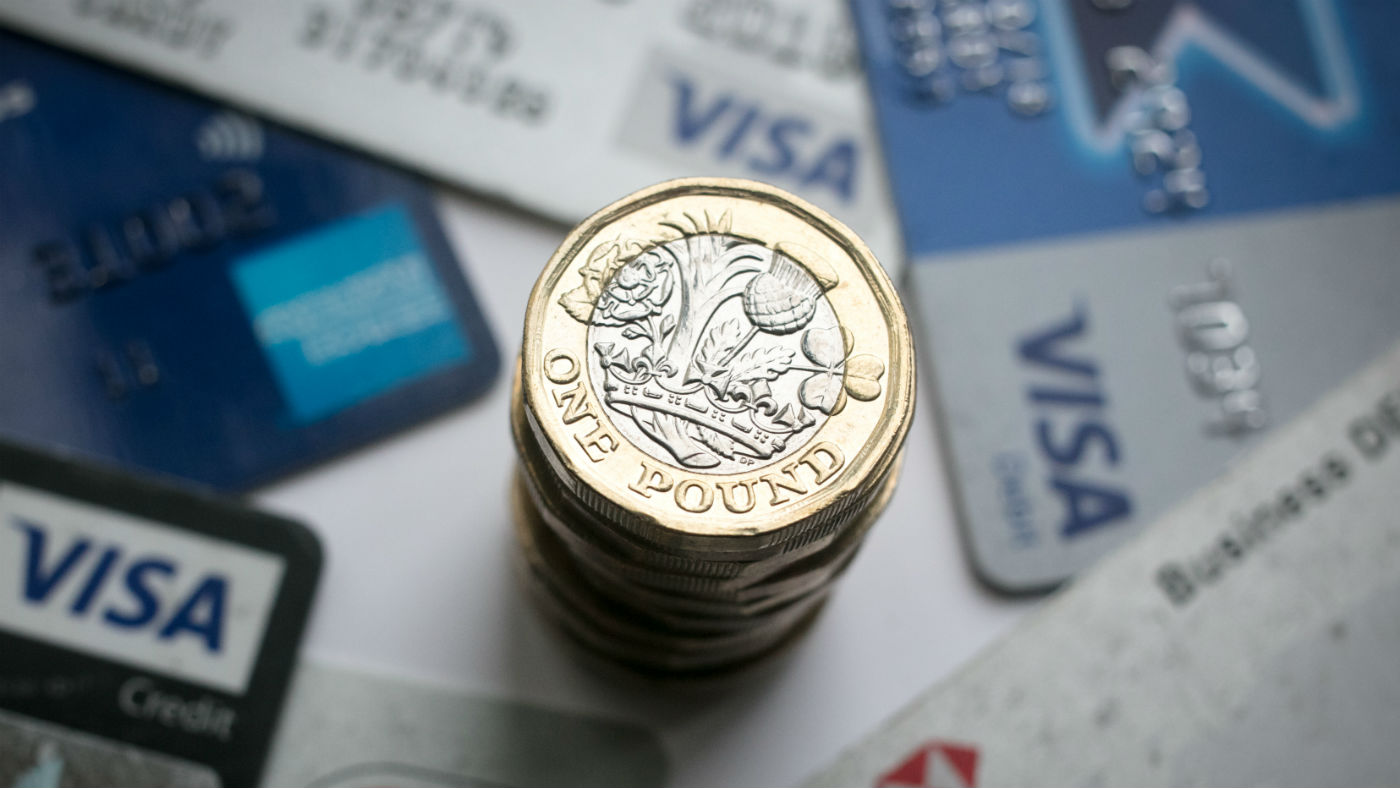 Britons without a bank account face ‘poverty premium’
Britons without a bank account face ‘poverty premium’Speed Read 1.23 million unbanked individuals pay £485 extra a year for everyday bills and services
-
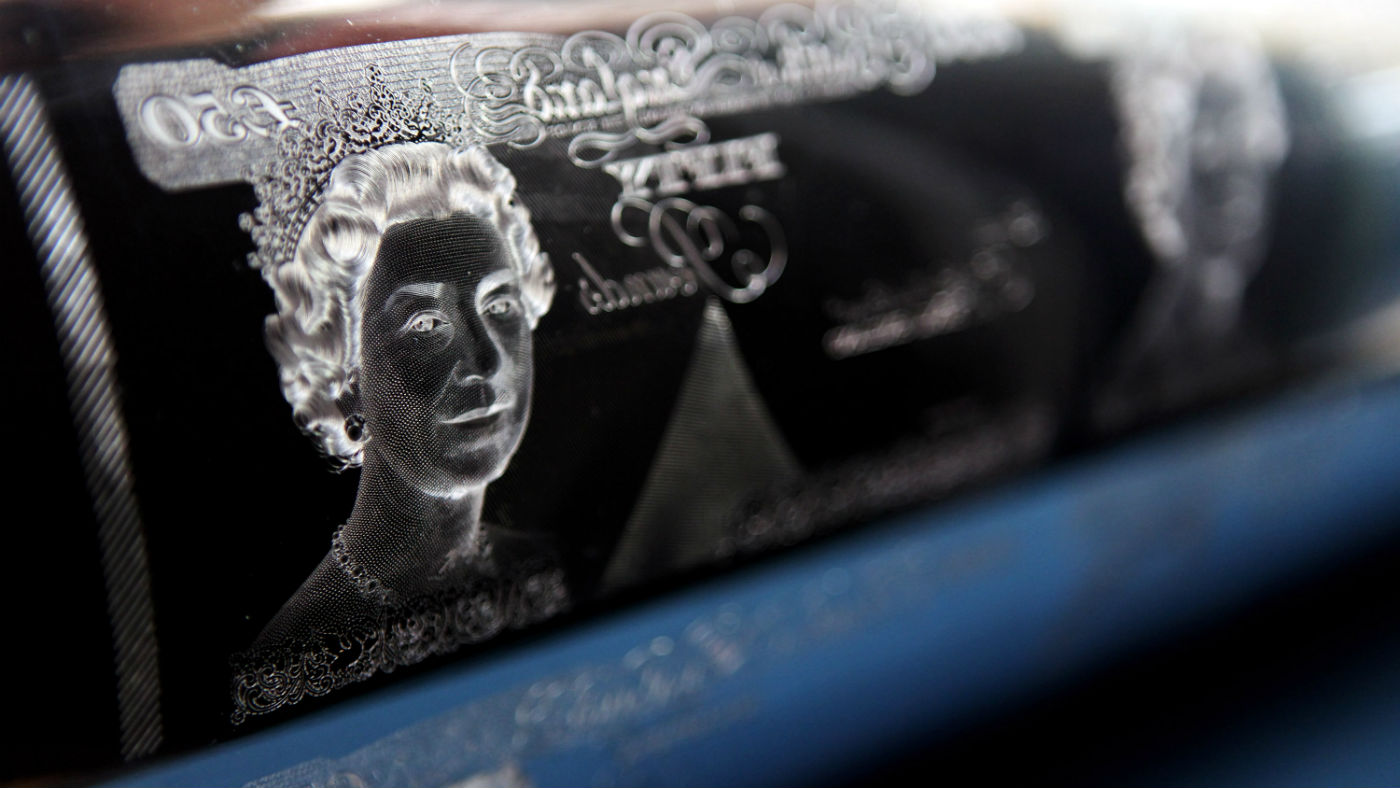 £50 notes to stay despite money laundering claim
£50 notes to stay despite money laundering claimSpeed Read Bank of England resists calls to abolish high denomination note ‘widely used by criminals’
-
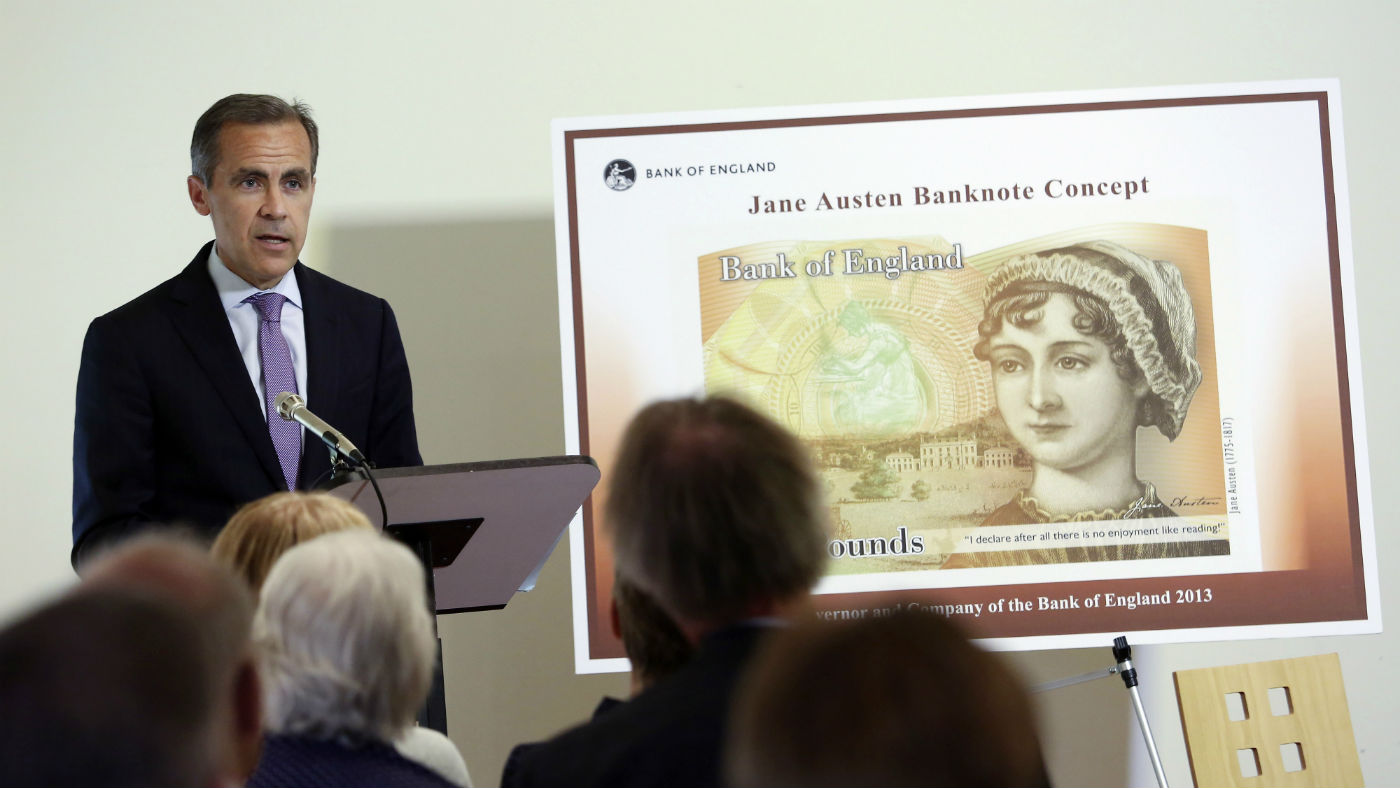 Old £10 notes: £2bn must be spent before March deadline
Old £10 notes: £2bn must be spent before March deadlineSpeed Read New polymer £10 will consign paper note to history at the end of the month
-
 What does the interest rate rise mean?
What does the interest rate rise mean?In Depth Borrowers to be hit while savers benefit - but is it a good idea?
-
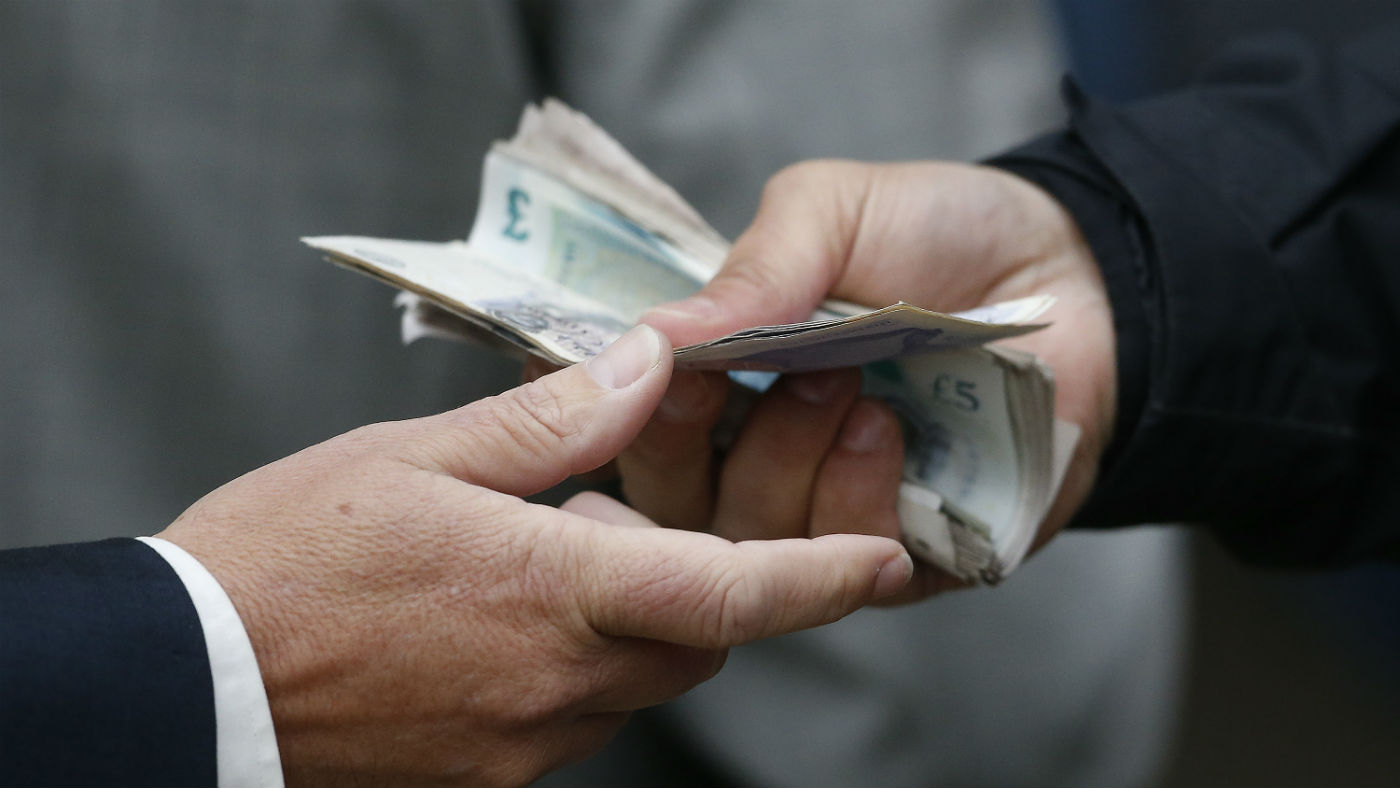 Biggest cut to consumer loans since financial crisis
Biggest cut to consumer loans since financial crisisSpeed Read Cutback comes after repeated warnings from the Bank of England over the pace of household lending